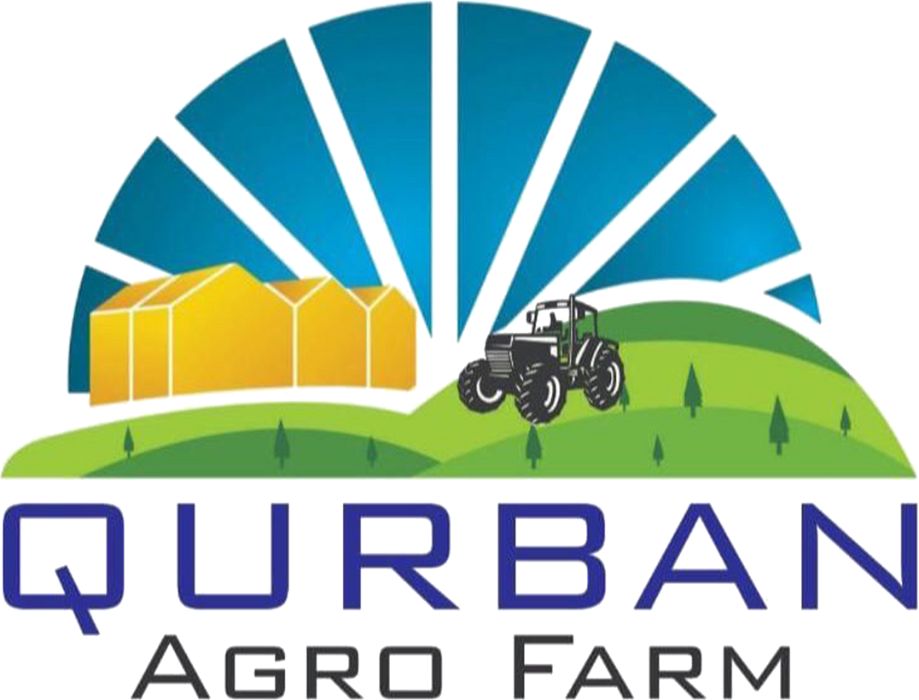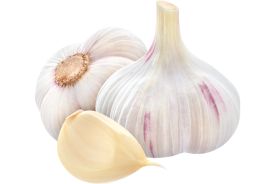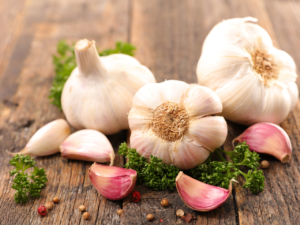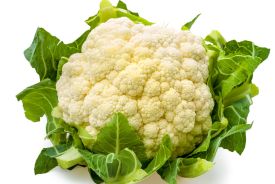Garlic, scientifically known as Allium sativum, is a versatile culinary herb renowned for its distinctive flavor and aroma. Belonging to the Allium family, which includes onions and leeks, garlic is widely used in cuisines around the world.
In the culinary realm, garlic plays a pivotal role, contributing a savory and pungent taste to dishes. Its uses span both raw and cooked forms, enhancing the overall flavor profile of various recipes. Beyond its culinary significance, garlic is acknowledged for potential health benefits due to the presence of allicin, a sulfur compound known for its anti-inflammatory and antimicrobial properties. Some studies suggest that garlic may contribute to heart health and immune system support.
Garlic holds cultural importance, with a history of use in traditional dishes and medicinal practices dating back centuries. Growing conditions for garlic typically involve well-drained soil and ample sunlight, with propagation occurring through the planting of individual cloves that develop into bulbs.
Distinct varieties of garlic exist, each with its own flavor profile and characteristics. Hardneck and softneck garlic are commontypes, with variations like Rocambole and Elephant garlic.
How is Organic Garlic cultivated at Qurban Agro Farms?
Qurban Agro Farms takes pride in its expertise in cultivating organic garlic. With a dedicated focus on sustainable and environmentally friendly farming practices, the farm places a strong emphasis on organic cultivation methods. This commitment extends to the entire process, from soil preparation to harvesting.
In line with organic standards, Qurban Agro Farms avoids the use of synthetic pesticides, herbicides, and fertilizers. Instead, the farm employs natural and organic alternatives to nurture the garlic crops. This approach not only ensures the production of garlic free from harmful chemicals but also contributes to the overall health of the soil and surrounding ecosystem.
The cultivation process involves meticulous care, including proper crop rotation and soil enrichment techniques. Qurban Agro Farms understands the importance of maintaining a balanced and thriving ecosystem to produce high-quality organic garlic. This commitment reflects not only in the final product’s flavor and nutritional profile but also in supporting sustainable agriculture practices that prioritize environmental well-being.
By specializing in organic garlic cultivation, Qurban Agro Farms aims to provide consumers with a wholesome and eco-conscious choice. The farm’s dedication to organic farming aligns with the growing demand for sustainable and responsibly produced agricultural products in the market.
How is our Organic Garlic different from Conventional Garlic?
Organic garlic and conventional (ordinary) garlic differ primarily in their cultivation methods, as well as in some aspects of their quality and environmental impact. Here’s a breakdown of the key distinctions:
Cultivation Practices:
– Organic Garlic: Cultivated following organic farming standards, organic garlic is grown without the use of synthetic pesticides, herbicides, and chemical fertilizers. Instead, natural alternatives and sustainable agricultural practices are employed to promote soil health and minimize environmental impact.
– Conventional Garlic: In conventional farming, garlic may be grown using synthetic pesticides, herbicides, and fertilizers to maximize yield and control pests and diseases. This approach may contribute to environmental concerns and residues in the final product.
Soil Health:
– Organic Garlic: Organic farming practices, such as crop rotation and the use of organic matter, contribute to improved soil fertility and structure. This enhances the overall health of the soil and promotes a sustainable agricultural ecosystem.
– Conventional Garlic: The use of synthetic inputs in conventional farming may impact soil health over time, potentially leading to issues like soil degradation and loss of biodiversity.
Chemical Residues:
– Organic Garlic: Because organic garlic is cultivated without synthetic chemicals, it typically has lower levels of chemical residues. This makes it a preferred choice for those seeking produce with minimal exposure to potentially harmful substances.
– Conventional Garlic: Conventional garlic may have trace amounts of synthetic pesticides and fertilizers, although they are generally within regulatory limits.
Flavor and Nutritional Profile:
– Organic Garlic: Some proponents of organic garlic claim that it has a more robust flavor and a richer nutritional profile. The absence of synthetic chemicals is believed to allow the natural qualities of the garlic to shine.
– Conventional Garlic: While conventional garlic is widely available and has its own set of characteristics, the flavor and nutritional content may be influenced by the use of synthetic inputs.
In summary, the primary difference lies in the cultivation practices and the absence or presence of synthetic inputs. Organic garlic is favored by those who prioritize environmentally friendly and sustainable farming methods, as well as those seeking produce with potentially lower chemical residues.
What are the health benefits of Our Organically cultivated Garlic?
Garlic is not only a flavorful addition to numerous dishes but also offers several potential health benefits. Here are some of the key advantages associated with the consumption of garlic:
Cardiovascular Health:
– Garlic has been linked to cardiovascular benefits, including the potential to lower blood pressure and reduce cholesterol levels. Some studies suggest that garlic may contribute to the overall health of the heart and circulatory system.
Antioxidant Properties:
– Garlic contains antioxidants, such as allicin, which may help combat oxidative stress in the body. Antioxidants play a role in neutralizing free radicals and reducing the risk of chronic diseases.
Anti-Inflammatory Effects:
– The sulfur compounds in garlic, including allicin, have anti-inflammatory properties. This can be beneficial in managing inflammation in the body and may contribute to the prevention of certain chronic conditions.
Immune System Support:
– Garlic is believed to have immune-boosting properties. It may help the immune system function more effectively, potentially reducing the severity and duration of common illnesses like the cold and flu.
Antimicrobial and Antibacterial Properties:
– Garlic has natural antimicrobial and antibacterial properties, which can help combat various infections. It has been traditionally used as a remedy for respiratory and digestive issues.
Cancer Prevention:
– Some studies suggest that the compounds in garlic may have potential anti-cancer properties. While more research is needed, garlic consumption has been associated with a reduced risk of certain types of cancer, particularly in the digestive system.
Improved Nutrient Absorption:
– Garlic, such as NARC G1 Garlic may aid in the absorption of certain nutrients in the digestive system. This can contribute to overall nutritional efficiency and the body’s ability to utilize essential vitamins and minerals.
Regulation of Blood Sugar
– Garlic has been investigated for its potential role in helping regulate blood sugar levels. This can be particularly beneficial for individuals with diabetes or those at risk of developing the condition.
It’s important to note that while garlic offers potential health benefits, individual responses can vary. As with any dietary supplement or significant dietary changes, it’s advisable to consult with a healthcare professional for personalized advice, especially for individuals with specific health conditions or concerns.
FAQs
Q: How do I store garlic to keep it fresh for a longer time?
A: Store garlic bulbs in a cool, dry place with good ventilation. Avoid keeping them in the refrigerator, as the cold and moisture can cause sprouting.
Q: Can I use garlic if it has sprouted?
A: Yes, you can still use garlic with sprouts. While the sprouts have a milder flavor, the rest of the garlic is still suitable for cooking.
Q: What’s the best way to peel garlic easily?
A: To peel garlic easily, place a clove under the flat side of a knife and press down with the heel of your hand. The skin should loosen, making it easier to peel.
Q: Are there different varieties of garlic with distinct flavors?
A: Yes, there are various garlic varieties, each with its unique flavor profile. Common types include hardneck and softneck garlic, offering different tastes and characteristics.
Q: Can I consume garlic raw to get its health benefits?
A: Yes, consuming raw garlic can provide health benefits as it retains its natural compounds. However, cooking garlic also offers nutritional advantages, and the choice depends on personal preference.





There are no reviews yet.